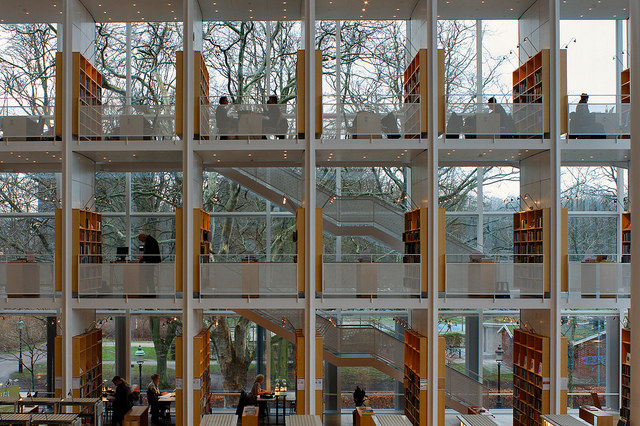I’ve noticed an interesting pattern in some of the Workplace Genome data of some of my consulting clients lately:
Middle managers experience culture as less futurist than BOTH the people above them in the hierarchy, and the people below them.
Think about that. Regardless of the organization (so far in our research, anyway), people who don’t manage at all experience the culture at least slightly more futurist than middle managers, and so do the senior people. And remember—this isn’t about middle management being unhappy (though they may be, but that’s not the point). This is that they experience the culture as more traditional than, basically, everybody else.
So what is “more traditional?” Change is hard. Authenticity isn’t that important. Innovation is rare. Information is controlled. Silos are necessary. Things like that. Why is it that people who have both direct reports AND people they report to experience the culture as more in that direction than their counterparts? Here’s a hypothesis:
Middle management is not compatible with the future of work.
What if middle management isn’t needed any more? I know it’s easy for me to say from the outside, and I recognize it might be (slightly) hyperbole, but remember, folks, I’m not calling it the “future of work” because it’s going to look the same as it does today. It is entirely possible that everything we’ve invested in the creation and support of middle management might end up being a waste of time in the not so distant future.
Maybe we don’t need middle management. Maybe we need to leverage technology better. Maybe we need systems for tracking the impact of decisions (rather than hiring people to ask you what decision you made and how it worked out for you). Maybe we need better metrics. Maybe we need a solid transparency architecture. Maybe we need big data. Maybe we need better relationships.
I’m not sure what it’s going to look like, but if middle management is still rooted in tradition, that makes it ripe for some revolution.

